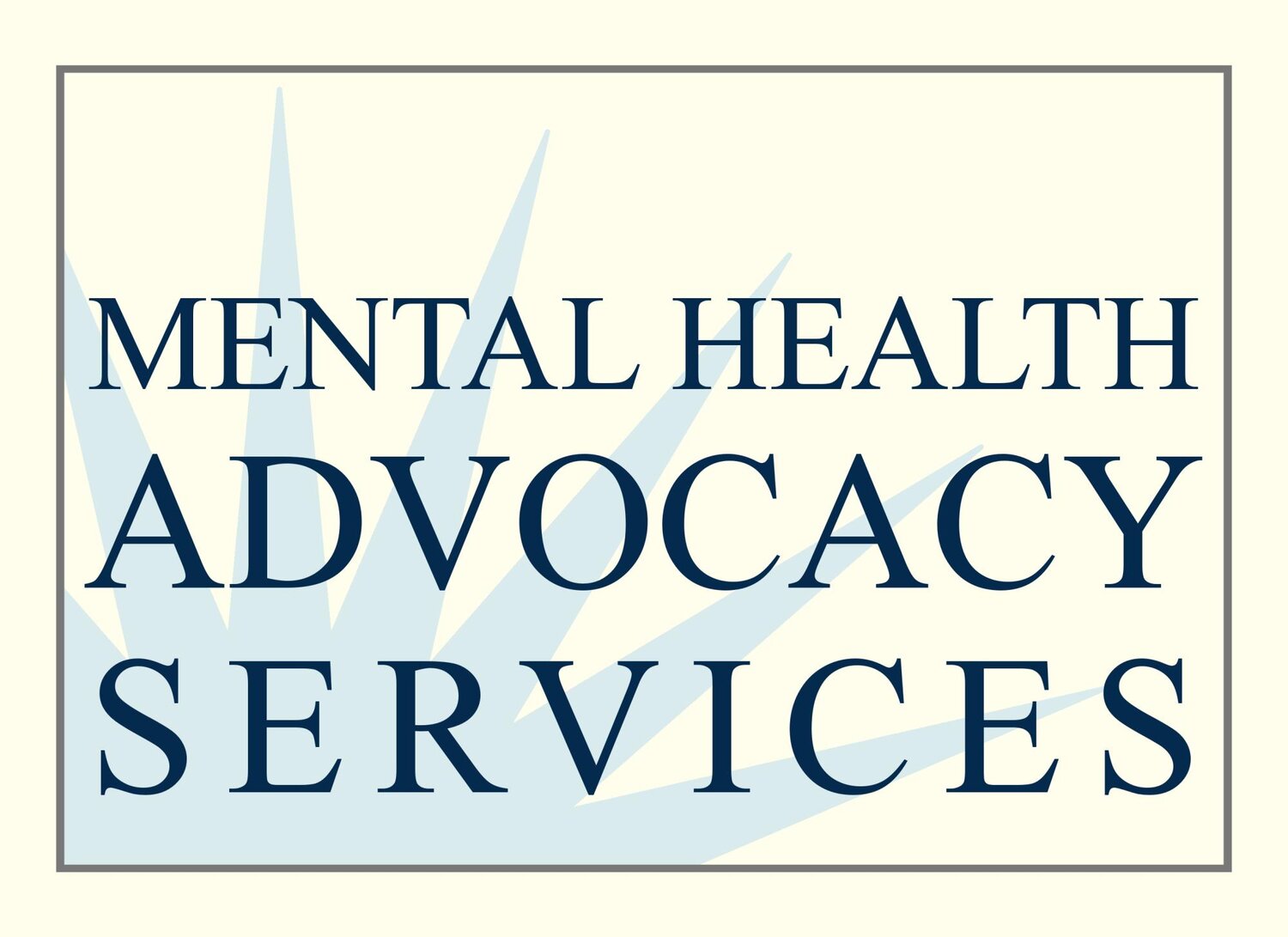Regional Centers and Mental Illness
by Eliza SchaflerEliza Schafler is an MHAS Equal Justice Works Fellow sponsored by Greenberg Traurig, LLP.
 The focus of our Behavioral Health-Legal Partnership (BeHeLP) is, of course, supporting children and youth with mental illness. That’s why we are partnering with Hathaway-Sycamores Child and Family Services, a highly respected children’s mental health provider in Los Angeles County. Yet there are times when, even for children at Hathaway-Sycamores, mental illness isn’t the full story. Many children (and adults) are living with both a mental illness and developmental disability, such as autism, traumatic brain injury, or an intellectual disability.In California, there is a unique network of non-profit agencies with governmental funding known as Regional Centers. They provide a wide range of supportive services to adults and children with developmental disabilities, from unique therapeutic interventions to housing solutions and case management. Unfortunately, it can be very challenging for applicants with mental illness to prove to Regional Centers that they have developmental disabilities as well.Through BeHeLP, I have met a number of children in this predicament. One child had developed symptoms of depression and anxiety because of her difficulty coping with her underlying developmental disability. Another child was diagnosed with autism and, separately, had experienced trauma that led to mental illness. Both children had applied for Regional Center services and been denied due to their mental illnesses.It is the task of the Regional Centers to identify true developmental disabilities that require these intensive and costly services. And it is our task at BeHeLP to ensure that people with mental illness and developmental disabilities are not underserved, and thus prevented from achieving wellness.
The focus of our Behavioral Health-Legal Partnership (BeHeLP) is, of course, supporting children and youth with mental illness. That’s why we are partnering with Hathaway-Sycamores Child and Family Services, a highly respected children’s mental health provider in Los Angeles County. Yet there are times when, even for children at Hathaway-Sycamores, mental illness isn’t the full story. Many children (and adults) are living with both a mental illness and developmental disability, such as autism, traumatic brain injury, or an intellectual disability.In California, there is a unique network of non-profit agencies with governmental funding known as Regional Centers. They provide a wide range of supportive services to adults and children with developmental disabilities, from unique therapeutic interventions to housing solutions and case management. Unfortunately, it can be very challenging for applicants with mental illness to prove to Regional Centers that they have developmental disabilities as well.Through BeHeLP, I have met a number of children in this predicament. One child had developed symptoms of depression and anxiety because of her difficulty coping with her underlying developmental disability. Another child was diagnosed with autism and, separately, had experienced trauma that led to mental illness. Both children had applied for Regional Center services and been denied due to their mental illnesses.It is the task of the Regional Centers to identify true developmental disabilities that require these intensive and costly services. And it is our task at BeHeLP to ensure that people with mental illness and developmental disabilities are not underserved, and thus prevented from achieving wellness.
